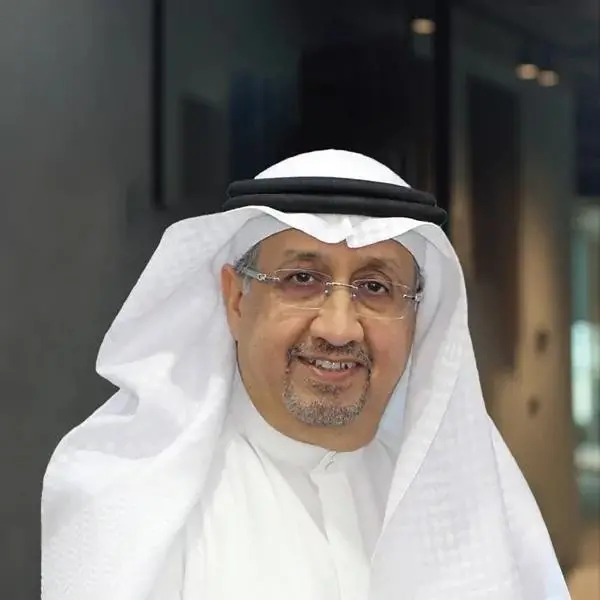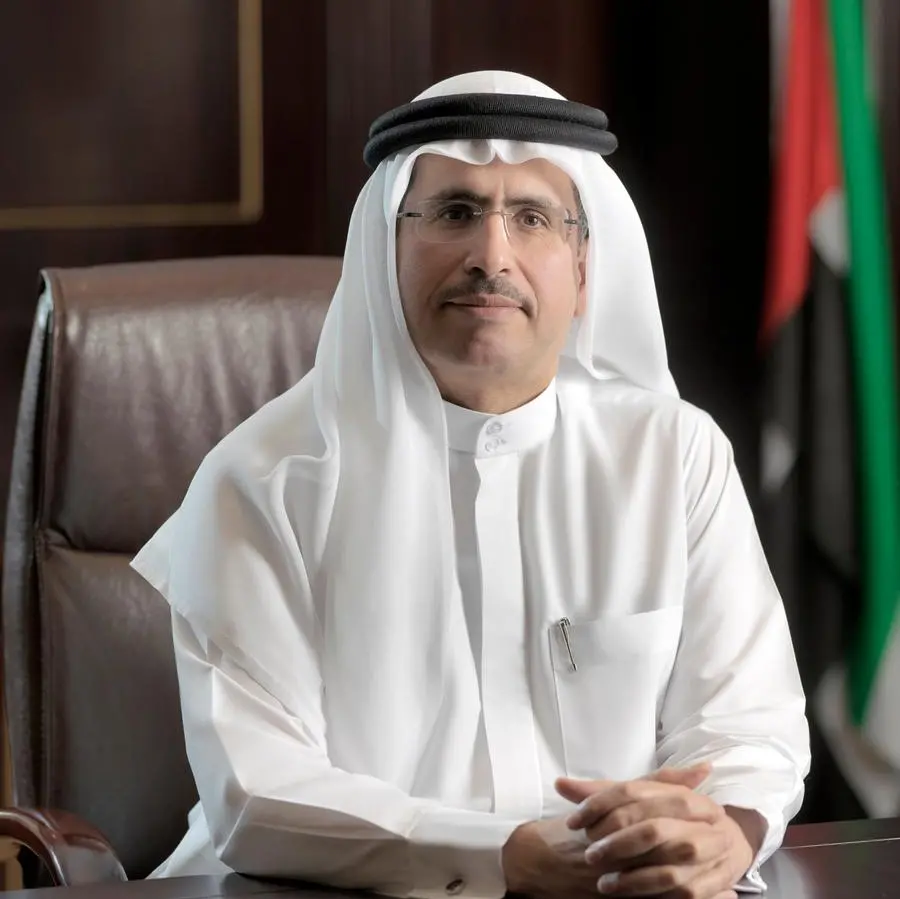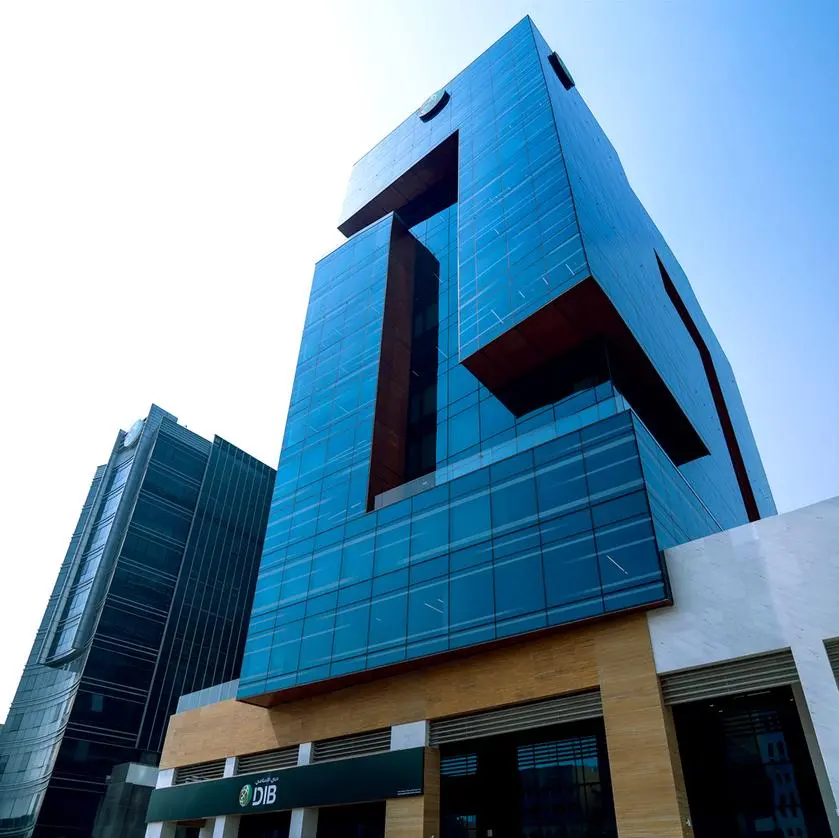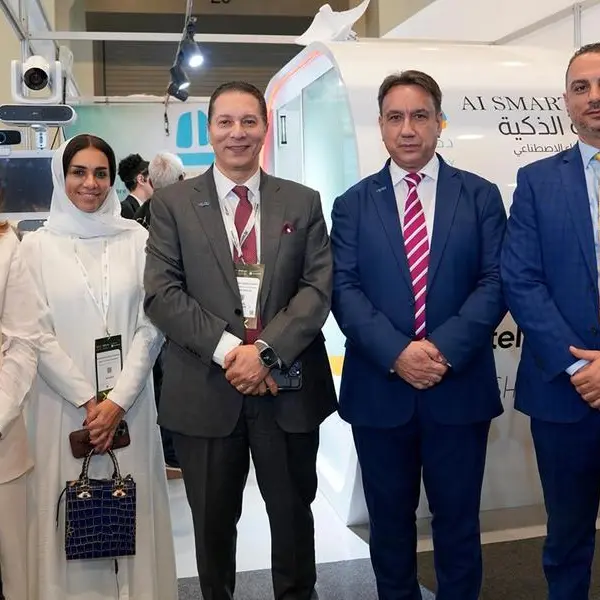PHOTO
UAE: Opportunities for regional governments to play a major role in solving global food scarcity through innovation and challenging traditional agriculture models were addressed at the World Government Summit this week in a new report launched by Oliver Wyman.
Titled ‘Agriculture 4.0-The Future of Farming Technology,’ the report addresses the priority of food security and the global developments putting pressure on the agriculture industry to deliver more for the future - climate change, demographics, scarcity of natural resources and food waste.
“Although demand is continuously growing, by 2050 we will need to produce 70 percent more food. Meanwhile, agriculture’s share of global GDP has shrunk to just 3 percent, one-third its contribution just decades ago,” said Anshu Vats co-author, Practice Head – Public Sector (MEA) at Oliver Wyman.
Roughly 800 million people worldwide suffer from hunger. And under a business-as-usual scenario, 8 percent of the world’s population (or 650 million) will still be undernourished by 2030 .
“The stark reality is that very little innovation has taken place in the industry of late - in any case, nothing to indicate that food scarcity and hunger will not be an issue in the coming decades,” he added.
With the current agri-tech revolution, agriculture stops being a primary industry and starts joining the fourth industrial revolution. The report outlines how this will further require innovation, policy, capital and technology transfer to thrive.
Presenting the report as a Knowledge Partner of the World Government Summit, Mr Vats overviewed the frameworks regional governments can adopt to ensure collaboration across the agriculture industry’s stakeholders, “For the agriculture industry to take root here governments need to take on a broader and more prominent role than their traditional regulatory and facilitating function.”
By challenging the traditional legacy model and pursuing such a program, governments can:
- Ensure food security and reduce dependency on imports
- Become a net exporter not only of products but also IP and new solutions
- Increase productivity and support the shift towards an innovation- and knowledge- based economy
The report further outlines the advanced robotic technologies that will allow farms to be more profitable, efficient, safe, and environmentally friendly, in turn contributing to the global issue of food scarcity.
-Ends-
About Oliver Wyman
Oliver Wyman is a global leader in management consulting. With offices in 50+ cities across nearly 30 countries, Oliver Wyman combines deep industry knowledge with specialized expertise in strategy, operations, risk management, and organization transformation. The firm has more than 4,700 professionals around the world who help clients optimize their business, improve their operations and risk profile, and accelerate their organizational performance to seize the most attractive opportunities. Oliver Wyman is a wholly owned subsidiary of Marsh & McLennan Companies [NYSE: MMC]. For more information, visit www.oliverwyman.com. Follow Oliver Wyman on Twitter @OliverWyman.
© Press Release 2018



















